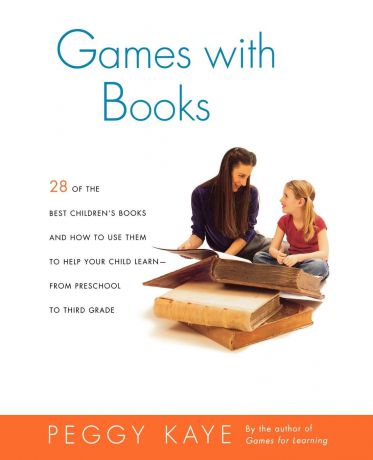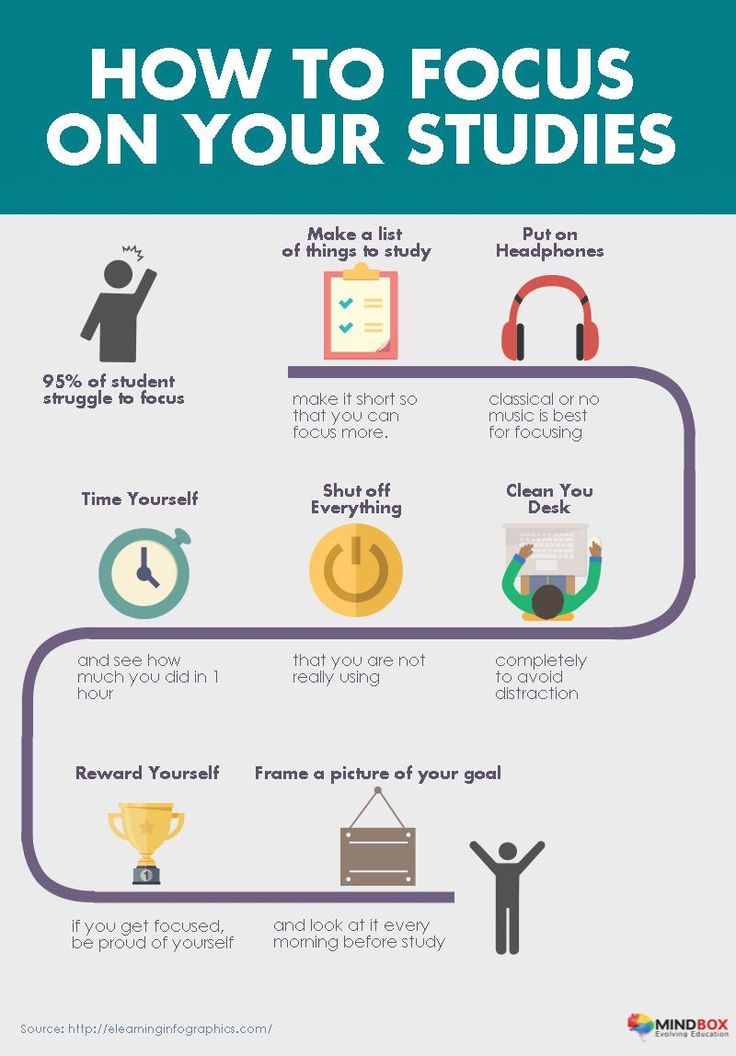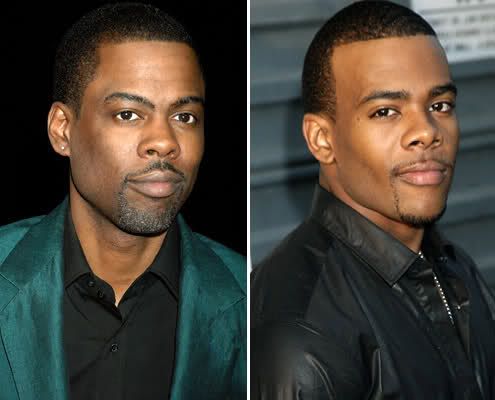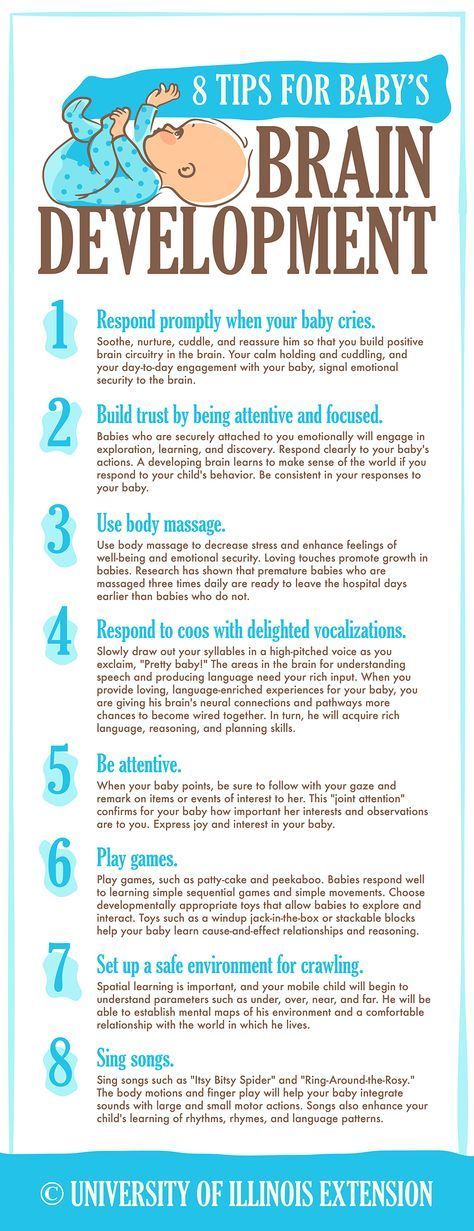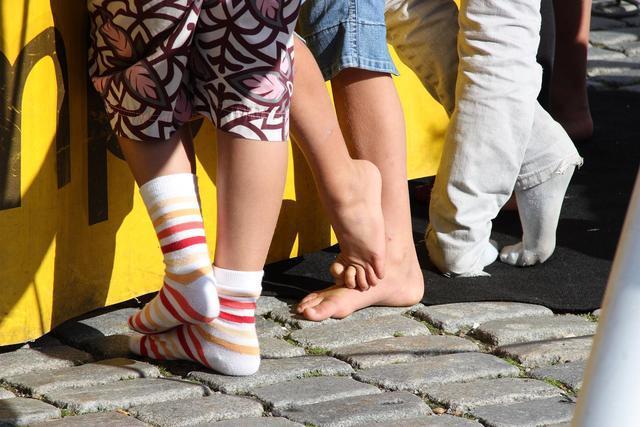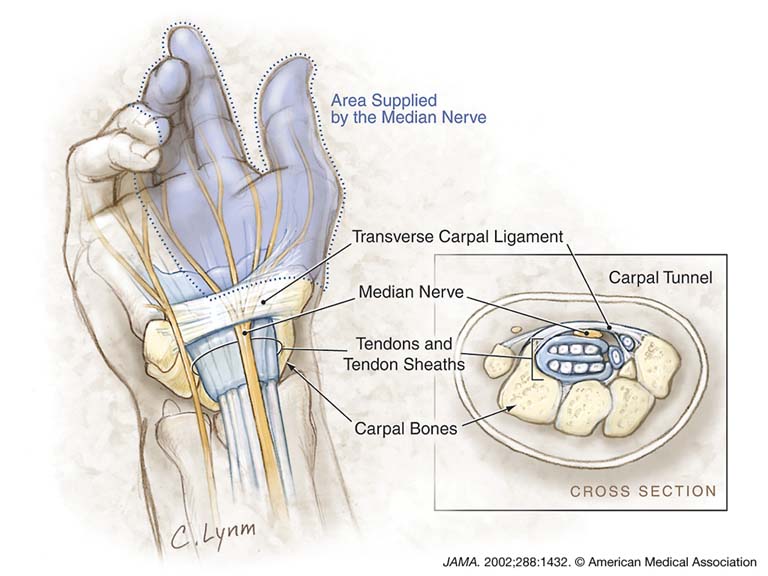How to prepare your child for third grade
Preparing for 3rd Grade
By the 3rd grade, children have spent two years mastering reading and doing basic math computations. In 3rd grade, they are able to branch out in their studies and handle more complex material. Prepare for September by looking over the following skills that will ensure that your child is ready for hands-on science experiments, more challenging math problems, and higher-level reading assignments.
Skills Acquired During 3rd Grade
As with every passing grade level, the work in 3rd grade becomes more challenging, which can initially intimidate any 8 year old. But with focus, motivation to learn, and attentiveness to the material, your child can make major strides in the following subjects:
Preparing for 3rd Grade Reading
Your child will:
- Explore fables, legends, myths, poems, and plays as supplements to fiction and nonfiction reading
- Progress as an independent reader and work up to an appropriate comprehension level
- Read in groups, alternating paragraphs out loud, to build fluency and vocabulary
- Read chapter books that can be either applied to school or just for fun
- Use a dictionary to check the accuracy of the spelling, definition, and pronunciation of a word
- Look up information in a book by using a table of contents, glossary, or index
Preparing for 3rd Grade Writing and Verbal Communication
Your child will:
- Learn to write in cursive (longhand)
- Write in paragraph form, using transitions
- Use correct spelling, punctuation, and grammar (e.
g., verb tenses must agree in sentences)
- Use reference books, such as the thesaurus, to make more interesting word choices
- Master the writing process: pre-write, outline, draft, revise, edit, and polish
- Use outlines to write a story or book report that has a beginning, middle, and end
- Write in a variety of styles, including informative, creative, and persuasive writing
- Keep a journal to practice personal writing and handwriting skills
- Understand written instructions and follow them independently
- Listen actively to a speaker in the classroom, whether that is the teacher or a fellow student
- Answer questions in complete sentences (for example, "I like to play on the monkey bars more than playing kickball because I like to climb," as opposed to "Because I like to climb," or simply "Because.")
Math
Your child will:
- Add and subtract numbers to 10,000
- Memorize the multiplication table
- Multiply multi-digit numbers by a single-digit number
- Divide multi-digit numbers by a single-digit number
- Identify written and spoken numbers up to 100,000
- Explain in words how a math problem was solved
- Use measuring tools to calculate volume, area, length, and height
- Analyze and graph data (e.
 g., collecting and charting the birthdays of all the boys and girls in class to determine how many boys were born in April)
g., collecting and charting the birthdays of all the boys and girls in class to determine how many boys were born in April) - Work with simple fractions and decimals
- Round to the nearest whole number
- Predict patterns in shapes and numbers
- Tell time to the nearest minute
- Relate number problems to everyday situations (e.g., using a budget to plan a party)
Science
Your child will:
- Learn with hands-on projects that illustrate the subject matter, such as maintaining a class greenhouse to show the development of plants and flowers
- Identify rocks and minerals
- Name the planets in the solar system and explore the galaxies, moons, stars, and meteors of outer space
- Compare the human skeleton to animal skeletal systems
- Track water cycles and study how they relate to the formation of clouds
- Conduct experiments that test a hypothesis
Social Studies
Your child will:
- Know how to read world maps; be able to find locations on the globe
- Compare different parts of the United States (e.
 g., contrasting year-round climate of the various regions)
g., contrasting year-round climate of the various regions) - Learn the 50 states and their capitals
- Study topics relating to American history, such as Native Americans, the journey of the Mayflower, pilgrims, and the first settlers
Featured Book
learn more
GRADES
Language Arts
Cognitive Skills
Reading
What to Expect by Grade
Science
Social Studies
Science and Technology
Reading
Transitions
Child Development and Behavior
Language Arts
Elementary School
Author
43 Things Your Child Should Know Before Entering Third Grade
By third grade, children have spent two years learning and comprehending basic math and reading skills. In third grade, children will learn to expand what they have learned to do more complex computations and problems. Reading is a huge focus in third grade. Children are expected to have gained a lot of “learning to read” skills so they can apply it to reading comprehension (reading to learn).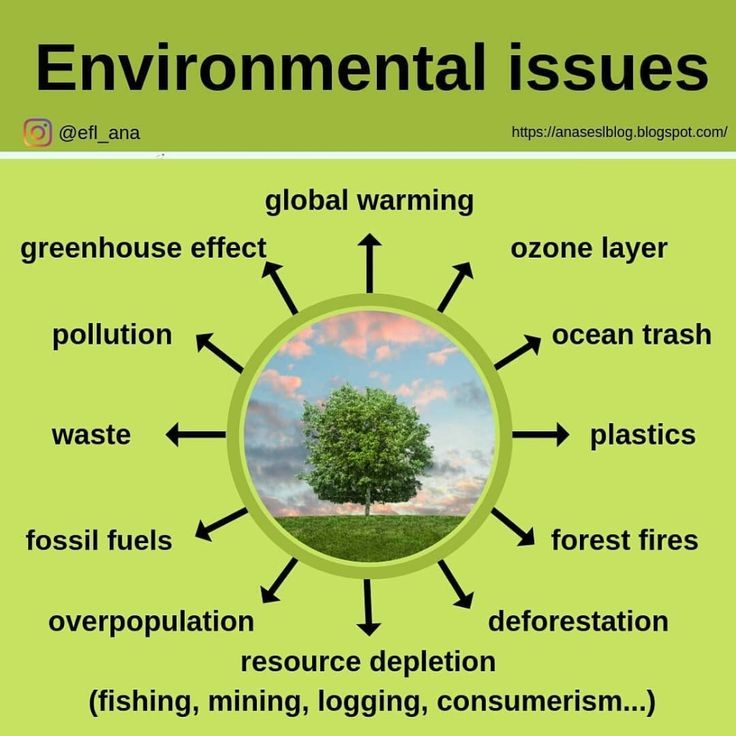 Children have already started gaining vocabulary and fluency skills, so these skills in third grade are expected to grow even more.
Children have already started gaining vocabulary and fluency skills, so these skills in third grade are expected to grow even more.
Here is an example checklist of what a child needs to know before starting third grade.
Reading and Reading Comprehension Skills
- How to collect information about a topic
- How to read different styles of text (articles, short stories, short chapters in a book)
- Ask appropriate questions and answer questions about a text (who, what, where, when, why, and how)
- Read fables, folktales, and myths
- Recall and retell events from a story in order
- Tell how the author uses details to support their story or text
- Compare and contrast elements in different stories (characters, settings, plot, and problems)
- Discuss a story or topic with their classmates (ask and respond to questions)
- Read grade-level assigned books
Writing Skills
- Know editing and revising skills
- Write about an event using a beginning, middle, and end.

- Write something that tells a story, provides information, or gives their opinion
- Know proper punctuation
Mathematic Skills
- Add and subtract number up to 100 (30+25 or 72-12)
- Solve one-two step word problems
- Understand the ones, tens, and hundreds' place in a three-digit number
- Read and write up to 1000
- Measure objects in various forms of measurements (inches, feet, centimeters, and meters)
- Understand and know the value of money
- Solve problems using money
- Know that smaller coins can equal an amount of a different coin or bill (ex: two nickels = one dime or four quarters = one dollar)
- Graph data on a bar graph
- Divide simple shapes into smaller pieces (halves, thirds, quarters)
Social Studies Skills
- Know about their community
- Basic map skills
- Locate bodies of water on a map
- Recognize more major landforms
- Recognize and know more historical buildings
- Recognize and know more important figures in history
- Know more basic cultures and their traditions (Native Americans)
Science Skills
- Know living systems like the food chain
- Recognize and know that the same materials can exist in different areas (solid, gas, liquid)
- Understand the concept and importance of recycling
- Understand the planets and know their order in the Solar System
- Use other tools to gather scientific information for an experiment
- Classify animals based on species (mammals, amphibians)
Social Skills and Abilities
- Work independently
- Interact with peers and explore concepts
- Work in a group
- Follow directions and participate in group activities
- Share and communicate appropriately with other students
- Respect their peers
- Sit for a longer period of time than in second grade (60 minutes)
Read the Rest of the Series!
Have multiple children in multiple grades? Read the rest of the series!
- 21 Things Your Child Should Know Before Entering Kindergarten
- 45 Things Your Child Should Know Before Entering First Grade
- 45 Things Your Child Should Know Before Entering Second Grade
- 43 Things Your Child Should Know Before Entering Third Grade
- 48 Things Your Child Should Know Before Entering Fourth Grade
- 49 Things Your Child Should Know Before Entering Fifth Grade
Sources:
- Morin, Amanda.
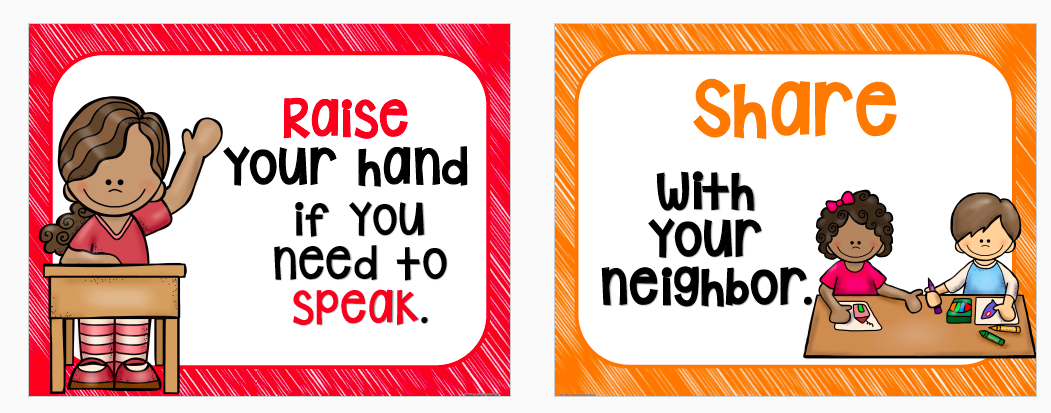 "Academic Skills Your Child Needs for Third Grade." understood.org. Web. 30 Aug. 2017
"Academic Skills Your Child Needs for Third Grade." understood.org. Web. 30 Aug. 2017 - "Model Curriculum Grade 3 Mathematics Units," New Jersey State Government, https://www.state.nj.us/education/modelcurriculum/math/3.pdf
- "Model Curriculum Grade 3 ELA Units," New Jersey State Government, http://www.state.nj.us/education/modelcurriculum/ela/3.pdf
We wrote a guide answering the most common questions we've gotten from 100s of of parents of third graders. Download it for free today!
1
Topics: Math, Education, Reading Comprehension, Enhanced Learning, Third Grader, Academic Standards
Advice to parents of a third grader
06/23/2014
On many websites of practicing teachers
there are a lot of interesting and informative
articles by psychologists, in particular
and about third graders.
And I'm on the site, somehow doing the opposite -
I haven't been teaching at school for a long time,
writing textbooks with Elena Nefedova,
study guides, lectures
teachers and parents, I conduct seminars,
and I am writing here to you about everything from the point of view of
ordinary practitioner teacher.
Here is such a paradox.
Dear parents, grandparents of a third grader!
About the problems of almost all third-graders in our time
Times change, programs change, children change – problems change… What are the problems of almost all modern third-graders? I'll try to explain to you. Even less than 10 years ago, in all schools in Russia, most elementary schools had a program 1-3, and now everywhere (with extremely rare exceptions) a program 1-4. nine0003
nine0003
A small digression. For some reason, I am periodically accused in the vastness of the great Internet that I introduced the program 1-4! J! First, not me. Secondly, I personally prefer the 1-3 program.
What do these numbers mean? Previously, the child went through the entire primary school program in 3 years, and now in 4 years. A lot of time added to the first class. So that you can understand the causes of the problem, I will describe what happens in program 1-4 before the start of the third grade.
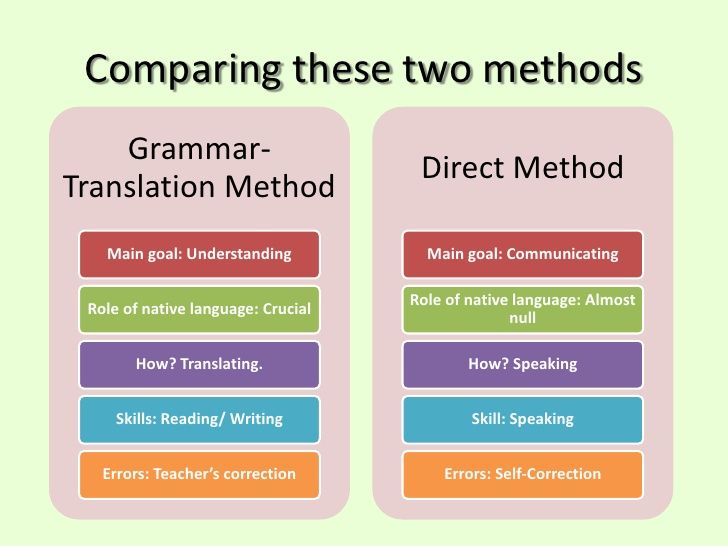 Completing these tasks is not officially required, but personally I strongly advise you to complete them in order to avoid big problems in the future. nine0003
Completing these tasks is not officially required, but personally I strongly advise you to complete them in order to avoid big problems in the future. nine0003 So, a first-grader sees that at school they go through for a long, long time what he has been going through and studying since the age of three or four and, thank God, he has long since learned. Of course, the material itself is given at school both deeper and wider. But the child does not understand this. The kid goes to school with full confidence that school is very easy and simple. He knows everything, no homework, no marks. From the oral assessments of the teacher, such as well done or try hard - the child sincerely remembers only that he is well done. Parents are happy - the child is happy to study at school. nine0003
2nd grade - in the second grade, the first alarm bells begin. There are more and more new topics in Russian and mathematics, the volume of writing in the classroom is increasing, more reading is required (and textbooks for second-graders are written for children who read in words, and not in syllables, as many second-graders do, especially immediately after the summer).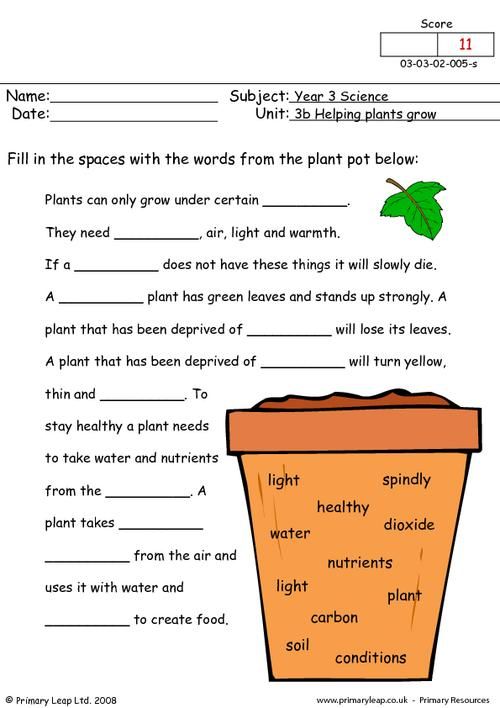 From the second half of the year, not only homework appears, but also the first official marks in the diaries ... And now, almost immediately after the January holidays, parents see that their second-grader - for some reason, somehow does not shine with knowledge. For many, the harsh truth of life is coming - in the diary and electronic journal there are mainly threes and fours. nine0003
From the second half of the year, not only homework appears, but also the first official marks in the diaries ... And now, almost immediately after the January holidays, parents see that their second-grader - for some reason, somehow does not shine with knowledge. For many, the harsh truth of life is coming - in the diary and electronic journal there are mainly threes and fours. nine0003
3 CLASS - and already in the third grade, dear parents, the real school life begins. School life - with real grades, daily homework, projects (they were before, in grades 1-2, but now it has become much harder to keep up with everything together). School life comes with new topics in Russian, mathematics, the world around us, and with deepening of previously covered topics; with an even greater increase in the volume of writing in the classroom and at home. Readings from a third-grader are expected to be almost fluent, so the texts in textbooks on literature (reading) and the world around us are also getting longer and richer in information. nine0003
nine0003
To put it figuratively, your child goes to school for real in the third grade.
PRACTICAL ADVICE BEFORE SEPTEMBER 1,
FOR PARENTS OF A THIRD GRADE
1) In the summer, repeat the school curriculum in Russian with your child for at least
15 minutes a day - all the rules and spellings passed.
Orthograms of the 1st and 2nd class
- Period and question, exclamation marks at the end of a sentence. nine0095
- Proper names: city of Moscow, dog Sharik.
- Combinations ZhI-SHI, CHA-SCHA, CHU-SCHU: thicket, miracle, pike, awl, live
- Combinations CHK, LF, CHN, SHN: night, chick.
- A soft sign is an indicator of the softness of a consonant: day, days.
- Spelling of words with doubled consonants: highway, alley
- Dividing soft sign: trees
- Writing words with paired consonants at the end of a word and in the middle of a word: eye, eyes - eyes.
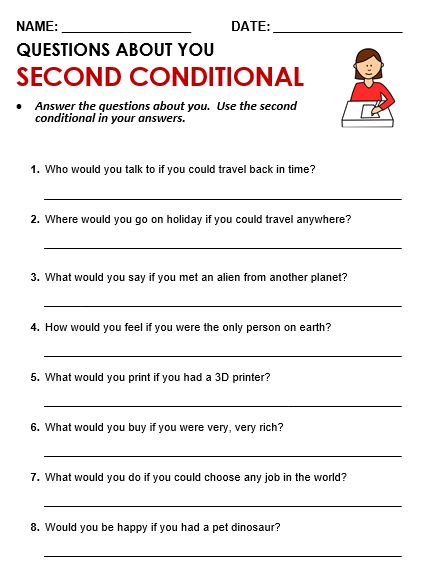
- Checked unstressed vowels in the root of the word: forests - forest, spot - spots
- Writing prepositions with the words: by the sea, to the city.
- Dictionary words: cow.
You can see the list of new spellings,
which students pass in the 3rd grade
(You still need to correctly write words with spellings completed in grades 1-2, but which do not have lessons for repetition in grade 3. These are spellings: a dot and a question mark, exclamation marks at the end of a sentence, writing prepositions with words, names own; combinations of zhi-shi, cha-cha, chu-shu; combinations of chk, nch, ch, schn)
Spellings of the end of the year of the 3rd grade
- Spelling of words with paired consonants at the end of the word and in the middle of the word gait, move - walk. (more difficult cases than in 2nd grade)
- Spelling of words with doubled consonants: terrace, collection.
 (more difficult cases than in 2nd grade)
(more difficult cases than in 2nd grade) - Checked unstressed vowels in the root of the word: heavy. (more difficult cases than in 2nd grade)
- Dictionary words: coat. (more difficult cases than in 2nd grade)
- Dividing b: blizzard, wind. (more difficult cases than in 2nd grade)
- Dividing solid sign: (ъ) drove up
- Spelling of words with unpronounceable consonants: lovely - lovely
- Combinations SN - ZN: wonderful - miracles, diamond - diamond
- Spelling of the endings of nouns 1, 2, and 3 declensions in V.p. etc.: a field, a lark, a steppe, (I see) a foal.
- Spelling of the endings of nouns 1, 2, and 3 declensions in R.p., D.p. and P.p.: for carrots, for carrots. nine0095
- Compound words: helicopter, earthquake.
- Unchangeable prefixes on A and O: entered, approach.
- Writing suffixes: small, whiteness, height, grandmother.
- Spelling of nouns with hissing at the end: night, beam.

- Endings of adjectives in singular and plural in I.p.: blue, blue, blue, blue.
- Generic verb endings: the sun has risen, the girl has risen, the student has risen, the guys have risen.
- Prefixes and prepositions (there are no prepositions before verbs): went. nine0095
- NOT with verbs: did not see, was indignant.
2) Compare, dear adults, the list of spellings completed in grades 1 and 2 with the number of spellings that your child should learn in grade 3. I showed the approximate scale of the increase in the school load by the 3rd grade using the topics that children go through in Russian language lessons.
In mathematics, in literature (reading), in the world around us - in the third grade there is also not only a lot of new things, but in many cases a complication of what has already been covered in the 1st-2nd grades. nine0003
3) Before the 3rd grade in the summer in mathematics, repeat all the rules for the 2nd grade, be sure to use the multiplication table, different types and types of problems.
4) Reading books in the summer is a must every day. The reading speed for a comfortable study of your child should be at least 50-60 words per minute. You can read more about reading speed here.
5) Parents, I hope I was able to convince you that during the 3rd grade your child should learn, learn and be able to apply a lot of new things at school. Do not be offended by your teacher because, in your opinion, she sets a lot of homework. It's just that you and your child have begun a serious school life. Keep peace in the family. Don't scold your baby. Help him overcome all the difficulties of school life. nine0055 In the third grade is a very rich program. Follow the daily routine. Learn to value time. Starting this school year, it will be worth its weight in gold.
Appreciate the time
So your child has moved to the third grade. How quickly 2 years of high school flew by. Believe me, you won’t have time to look back - in a couple of years the elementary school will flash by with a farewell call, the years of high school will quickly fly by ... Therefore, treat each school day with respect and responsibility. Think about it. This day, when in these 5 subjects teachers explain (repeat, control) exactly these topics to your child - will pass and will not return. But then, especially at 9and 11 grades, reading the questions of the GIA, the Unified State Examination, your child will remember: “Oh! phonetics question! And we went through this in the 3rd grade! That's right, passed. And if the child was not motivated to study and its value by adults, listened to, did not understand, did not understand, then ... understand, dear parents, these 5 hours of this day TO PASS WITH THE CHILD PERSONALLY TO YOU or in five years to the TUTOR for YOUR MONEY. Therefore, appreciate every school day. In order not to catch up with each of those training days that passed without due attention and respect.
How quickly 2 years of high school flew by. Believe me, you won’t have time to look back - in a couple of years the elementary school will flash by with a farewell call, the years of high school will quickly fly by ... Therefore, treat each school day with respect and responsibility. Think about it. This day, when in these 5 subjects teachers explain (repeat, control) exactly these topics to your child - will pass and will not return. But then, especially at 9and 11 grades, reading the questions of the GIA, the Unified State Examination, your child will remember: “Oh! phonetics question! And we went through this in the 3rd grade! That's right, passed. And if the child was not motivated to study and its value by adults, listened to, did not understand, did not understand, then ... understand, dear parents, these 5 hours of this day TO PASS WITH THE CHILD PERSONALLY TO YOU or in five years to the TUTOR for YOUR MONEY. Therefore, appreciate every school day. In order not to catch up with each of those training days that passed without due attention and respect.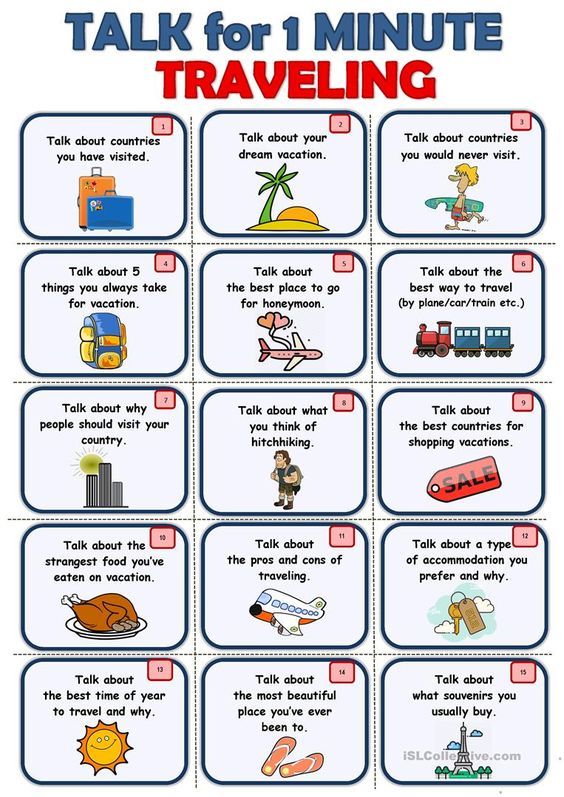 nine0003
nine0003
Can we come to school not on September 1,
a 12 (any, not the first) of September?
Parental questions like this slowly start in grades 1-2, grow from grade 3 and, as usual, peak season J! (for elementary school teachers) is the 4th grade.
Dear parents, you yourself understand that this question is rhetorical in content, but obligatory in form. Well, what will the teacher answer you? Of course he will. Sigh sadly. In extreme cases, he will tell you in human language about your irresponsibility. And about the fact that you have to catch up with the material. Let me to you, people who have already gone through 2 years of school with a child, moved to the 3rd grade, already understanding such a term as NUMBER OF HOURS ON A PARTICULAR TOPIC, I will translate your periodic delays from vacations from human language into the simple language of mathematics. I understand minimally. Only basic items. Let's say:
- Let's catch up! 1 week gone! 1 week = 5 hours mathematics + 4 hours Russian language + 4 hours reading + 1 hour environment.

Total hours: 5+4+4+1 = 14 the sum of missed hours with a FREE tutor represented by a teacher.
Homework is given for each lesson, this is another plus 1 hour for each subject. Therefore, we multiply the sum of the allowed hours by 2 .
Total: 14x2 = 28 missed hours, of which, I repeat, 14 hours with a FREE TUTOR.
These are 28 missed hours, during which your child's classmates received the KNOWLEDGE that your child needs. Now, personally, you need to find TIME - and this (if you forgot J!) is 28 HOURS TO LEARN and learn with your child what you missed. A third-grader is not yet capable of such a feat. Only with an adult.
AND TWO WEEKS IS 56 HOURS……. And so on…
- THE FIRST very common mistake of parents:
- I will explain at home in an hour that they chew for 4 hours in class.
Failed
1) It is far from certain that you will be able to explain to a child even that 2x2=4.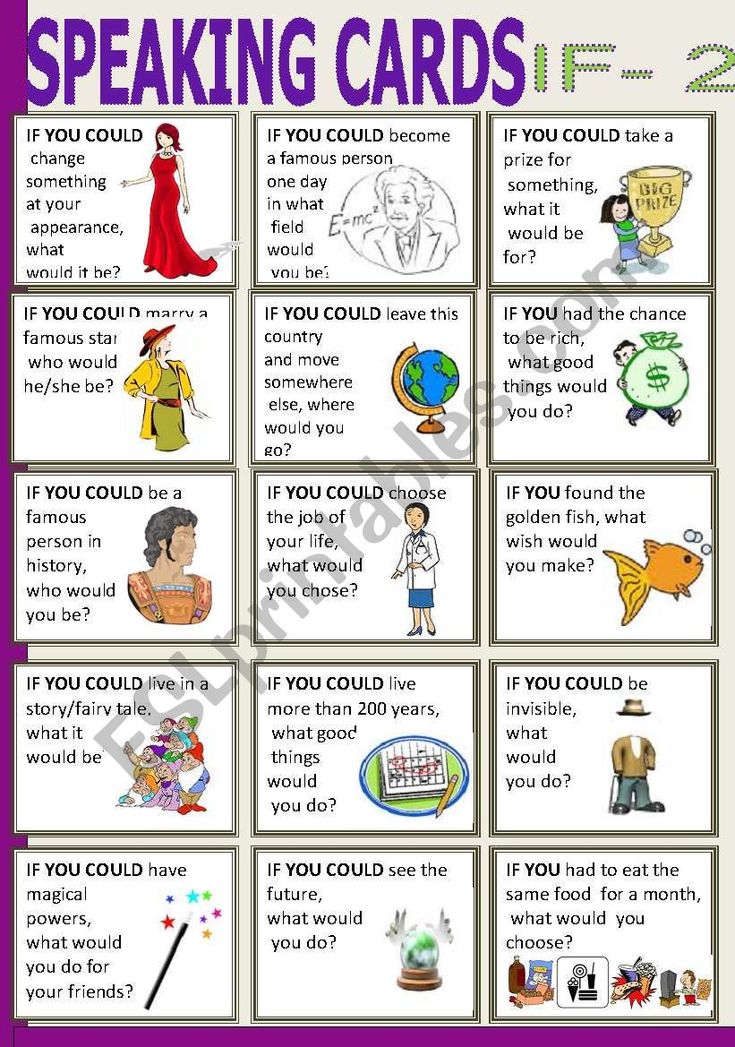 KNOWING that 2x2=4 and being able to explain it is a HUGE DIFFERENCE. Moreover, by the word "explain" I do not mean the situation when you spoke the explanation to the child, asked if he understood, and he nodded in response and ran away to play. Do you want to know - do you understand? Write 4-5 similar tasks, leave the room for
KNOWING that 2x2=4 and being able to explain it is a HUGE DIFFERENCE. Moreover, by the word "explain" I do not mean the situation when you spoke the explanation to the child, asked if he understood, and he nodded in response and ran away to play. Do you want to know - do you understand? Write 4-5 similar tasks, leave the room for
3 minutes, come back, check.
2) The teacher will then ask in the same words with which everything was explained to the whole class.
3) If 4 hours are given on a topic, in 1 hour you can get to know it, but not work it out.
- SECOND very common mistake of parents:
- they go through some garbage, stupid textbooks, anyway this knowledge will not be useful in life.
Everything is useful
1) The entire curriculum is based on continuity from grade 1 to grade 4, from grade 4-5 to grade 9 (GIA is coming), from grade 9 to grade 11 (USE is coming). You do not know this whole chain - so do not judge offhand that THIS IS NOT NECESSARY. If the teacher submits this material at the lesson, then it is NECESSARY. Humble yourself.
You do not know this whole chain - so do not judge offhand that THIS IS NOT NECESSARY. If the teacher submits this material at the lesson, then it is NECESSARY. Humble yourself.
2) About life. Your child will be immersed in school life for many years. In which he needs this knowledge for a comfortable life.
3) If you do not catch up with the missed material, then the whole chain of subsequent knowledge in each subject will not be able to be mastered by your child by 100%. A snowball is formed, which is getting bigger and bigger. A child in secondary school refuses to study, does not want to go to school, is rude, he is not interested in the lessons - because it is not clear. And ahead of the GIA. Parents rush to psychologists. But a psychologist will not help here. Only a tutor can help. nine0003
4) Remember the 14 FREE HOURS missed in 3rd grade? The trouble is not only that 14 hours will no longer help, as many gaps have accumulated. Now these hours are also PAID.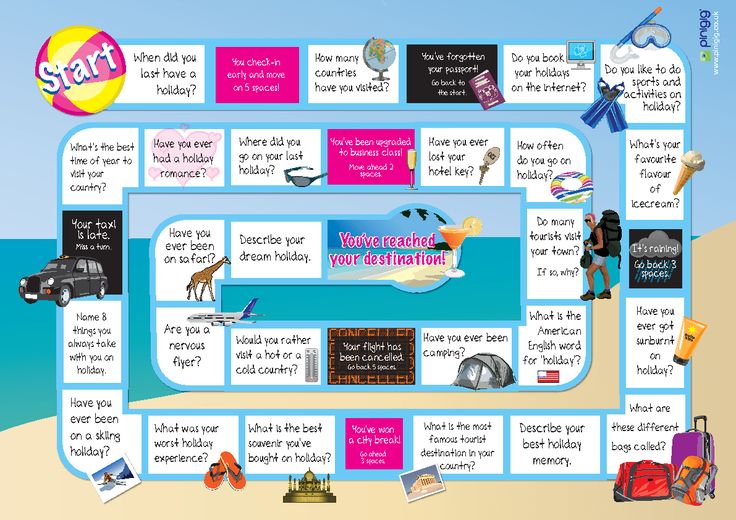 On average, paying for 14 hours of a tutor is about half the average salary of a parent.
On average, paying for 14 hours of a tutor is about half the average salary of a parent.
- “How can you catch up with the 28 hours you missed in the 3rd grade?!”. Not so easy. Of course,
you will not spend 28 hours. You can't. Usually, the most responsible ones spend 10-12 hours on everything. Not with such efficiency, of course, as a professional explains to a child at school. Our advice: do not be lazy, spend an hour on studying the missed lessons on school days + 2-3 hours on weekends. nine0095
SO IT'S BETTER NOT TO SKIP SCHOOL LESSONS
ALWAYS COME TO SCHOOL AFTER ALL HOLIDAYS
ON THE FIRST DAY OF EDUCATION
List of books that will help you and your third grader
make the most of the summer
Mathematics+Russian
Set "Everything for Grade 2" (set of books).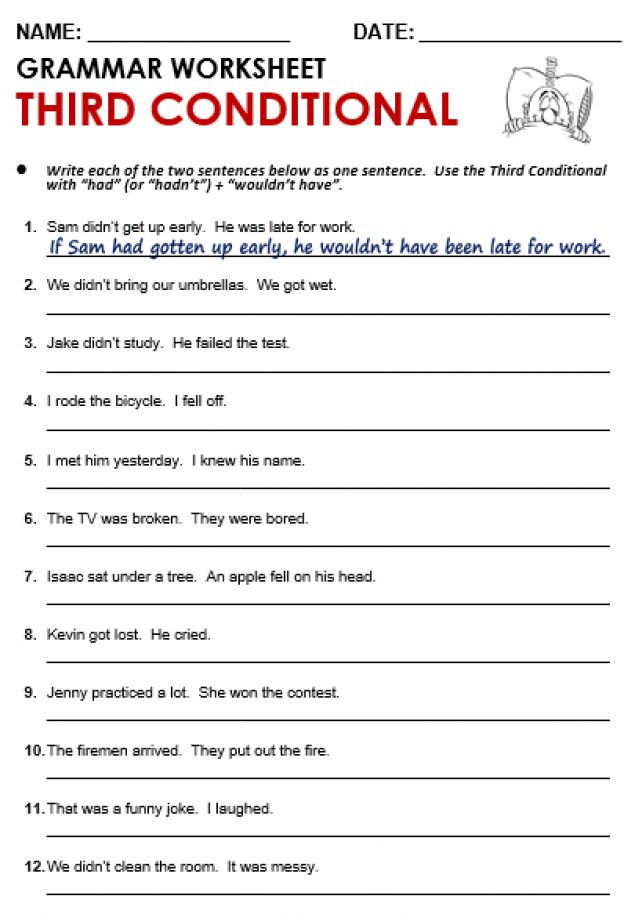 Clover Publishing. (a set of reusable notebooks in Russian and mathematics and a Textbook for an excellent student for the first grade completely repeat and consolidate everything covered in a year. Uzorova O.V., Nefedova E.A.
Clover Publishing. (a set of reusable notebooks in Russian and mathematics and a Textbook for an excellent student for the first grade completely repeat and consolidate everything covered in a year. Uzorova O.V., Nefedova E.A.
Russian
- Summer tasks in the Russian language for repetition and consolidation of educational material. Grade 2 Uzorova O.V., Nefedova E.A.
- All the basic rules of the Russian language, without knowledge of which it is impossible to write without errors. 2nd grade Uzorova O.V., Nefedova E.A.
- Russian language. 1-4 grade. A large collection of dictations Uzorova O.V., Nefedova E.A.
- Absolute literacy in 15 minutes. Grade 2 Cheat sheet for parents. Uzorova O.V., Nefedova E.A. nine0006
- All dictionary words. 1-2 classes. Uzorova O.V., Nefedova E.A.
- All the main questions in the Russian language for the final certification.
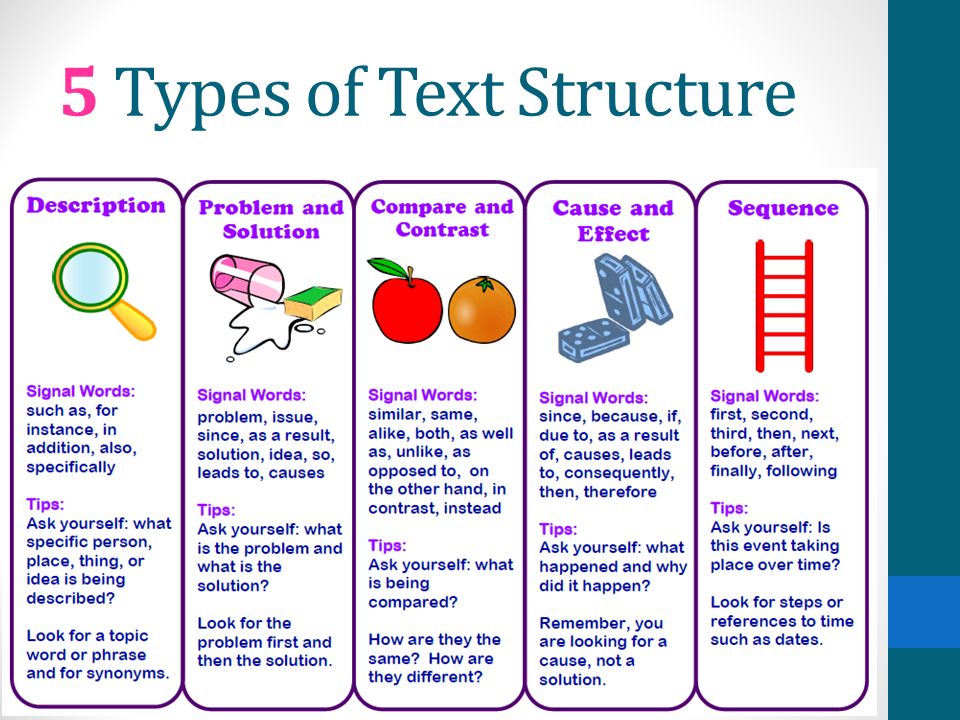 Grade 2 U Zorova O.V., Nefedova E.A.
Grade 2 U Zorova O.V., Nefedova E.A. - Complete course of the Russian language: all types of tasks, all types of exercises Grade 2. Uzorova O.V., Nefedova E.A.
- 500 control dictations in Russian 1-4 grades (1-4) 1-3 grades (1-3). Uzorova O.V., Nefedova E.A.
Mathematics
- Control and Olympiad works in mathematics. 1-2 class.
Uzorova O.V., Nefedova E.A. - Learn the multiplication table quickly and easily. Catch the cat by the tail!
Uzorova O.V., Nefedova E.A. - 3000 math examples. Verbal counting. logical examples. 1 - 2 classes. Uzorova O.V., Nefedova E.A.
- All basic questions in mathematics for the final assessment. Grade 2. Uzorova O.V., Nefedova E.A. nine0006
- Complete course of mathematics: all types of tasks, all types of tasks, examples Grade 2.
 Uzorova O.V., Nefedova E.A.
Uzorova O.V., Nefedova E.A. - Summer assignments in mathematics for repetition and consolidation of educational material. Grade 2. Uzorova O.V., Nefedova E.A.
Read
- Reading technique test texts. Learning to read quickly. 1-4 classes.
Uzorova O.V., Nefedova E.A. - Educational texts with questions and tasks for control and verification work on reading technique. Grade 2 Uzorova O.V., Nefedova E.A. nine0006
- New diary of a young reader with a full list. required literature. 1-4 classes Uzorova O.V., Nefedova E.A.
- Short interesting stories. Teaching children to read. 1-2 classes. Uzorova O.V., Nefedova E.A.
You can purchase all these and other books in our online store
By clicking on the link, you can purchase the books described in the article in an online store convenient for you
Primary school third grade | Preparing for school grade 3 | Enroll in school
📲 8 (800) 301-55-67
3
key
features
view
▼
3rd grade elementary school - LS
Sign up for
2-day training FREE
“Every child is important to us: Lancman is more than a school, it's a family. Only because of our careful approach We don't take everyone to our students." Ilya Lantsman, founder nine0003
Only because of our careful approach We don't take everyone to our students." Ilya Lantsman, founder nine0003
Find out the cost
Download presentation
of our school in Gelendzhik
with current prices and 50 benefits, why your child should study with us
Download presentation
Transition to 3rd grade: “flight” is normal
The last days of summer, preparation for school, 3rd grade… The logical chain can be continued for a long time. Before the beginning of September, parents will have to solve a lot of issues: to buy a form for elementary school, buy themed notebooks and talk with a child who categorically refuses to go to school. Perhaps not in every family, but this situation is observed often. And not because the subjects of the third grade are somehow radically different from last year, but rather because the child is simply not interested in school. It turns out that the previous two years of study were in vain - the child was completely unprepared for new changes in his life.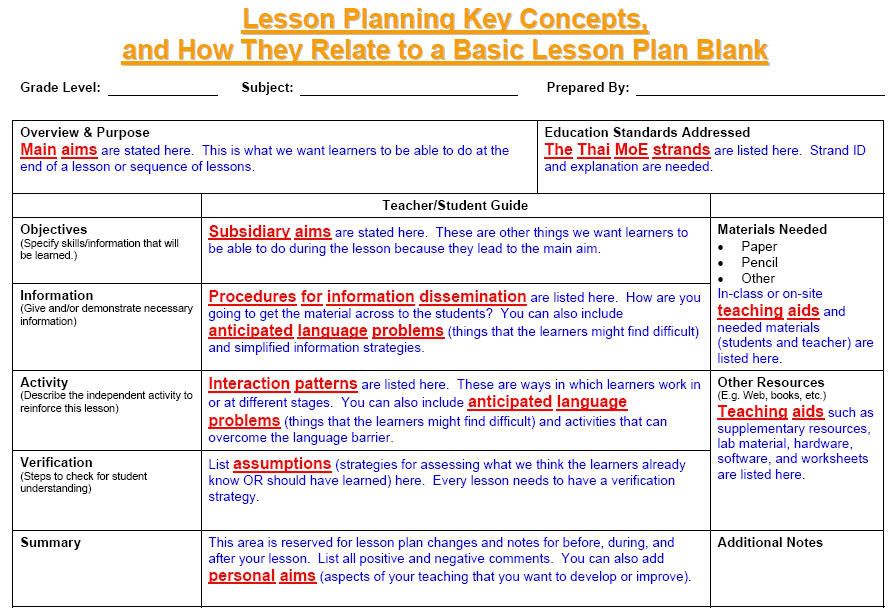 nine0003
nine0003
Third grade students, as practice shows, in the vast majority of cases do not want to go to school. The reason for this behavior, oddly enough, lies on the surface, but few people pay due attention to it. The state standard elementary school is only interested in fulfilling its obligations to society - to give the child knowledge in accordance with the approved curriculum. Of all the subjects of grade 3, only physical education and fine arts are of increased interest among schoolchildren. In the remaining lessons in grade 3, children develop only within the narrow framework of the school curriculum. nine0003
Khristenko Ivan came to us at the beginning 11th grade, his goal was after graduation from school to go to OXFORD. We have strengthened training program, gave a mentor, as a result, he achieved what he wanted”
The story of Ivan Khristenko
I want the same
Education high level proven by our graduates
Every 5th Lancman School graduate enters the most prestigious universities in the country and abroad.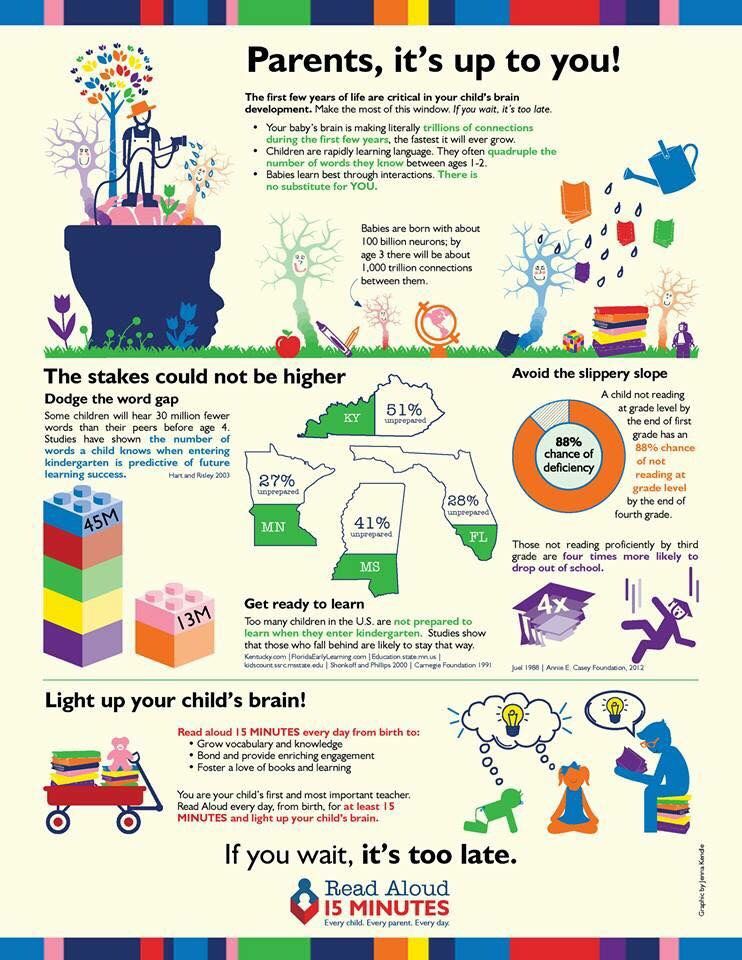
Private schools: a new look at education
Many parents do not notice the positive changes from traditional education, so they prefer to enroll in a school with a focus on personal development. And let these services be paid, but the child gets the opportunity to do what he loves - to learn about the world around him from all angles and in the most comfortable conditions. Private schools have the same program as public schools, but the approach to children and the presentation of material is significantly different. As a supplement, popular authoring techniques are used that help to achieve confident results. To enroll in a private school, it is enough to provide standard documents, so the transition from a regular school is quick and hassle-free. nine0003
From the video testimonials you will understand why many choose to study at Lancman School.
Carefully selected teaching staff
Eliseeva Marina Valerievna
Subject : Russian language, literature
Total teaching experience: 7 years old
Education: MPSU, Philology Faculty
Professional Credo: “Teacher is prepared for the best lesson all life.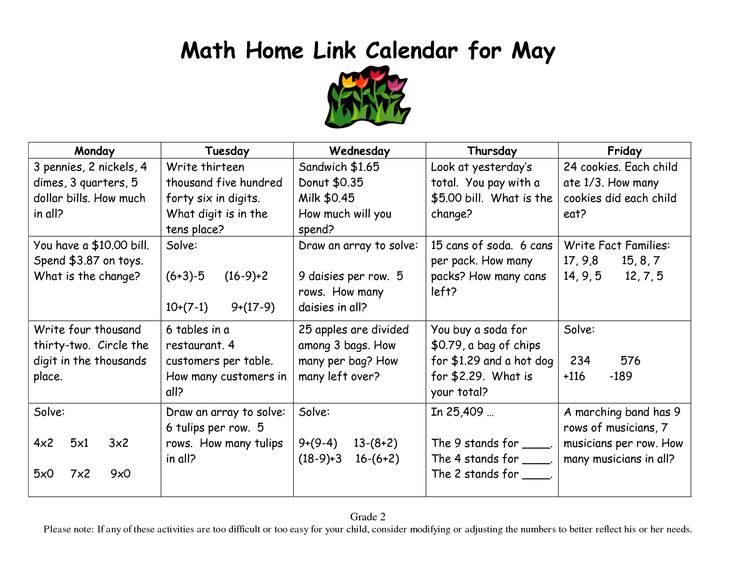 This is the spiritual and philosophical basis. In order to give students a spark of knowledge, the teacher needs to absorb a whole sea of light ”- V.A. Sukhomlinsky
This is the spiritual and philosophical basis. In order to give students a spark of knowledge, the teacher needs to absorb a whole sea of light ”- V.A. Sukhomlinsky
Goals and aspirations in the work: promote the formation of communicative and cognitive competence of students
Achievements: The highest score of the student in the Unified State Exam is 93. Graduates are students of the best universities in the country
904 37 Hobbies: fiction, reading37 , travel
Andreev Gennady Petrovich
Subject: Social science
Total teaching experience: 7 years
Education:
- M.V. Lomonosov, Faculty of Philosophy, Department of Cultural Studies, 2014,
- Moscow State University. M.V. Lomonosov, Department of the History of Foreign Philosophy (postgraduate study, lecturer-researcher), 2017
Pedagogical credo: “Raising educated people who think independently”
.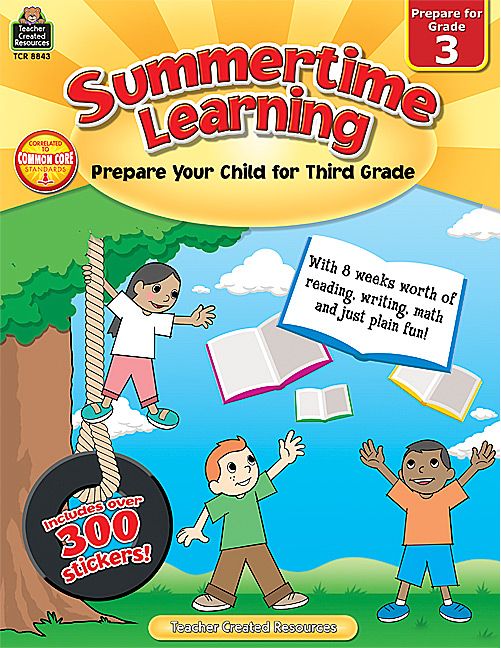 Preparing for the defense of a dissertation on medieval philosophy
Preparing for the defense of a dissertation on medieval philosophy
Alekseeva Ekaterina Yurievna
Subject: Biology, chemistry
Total teaching experience: 9 years
Education: Moscow State University. M.V. Lomonosov, specialty: "microbiologist", Moscow State University. S. Yu. Witte, specialty: “teacher-psychologist”
Pedagogical credo: “Science is just fun and very interesting”!
Goals and aspirations in the work: “ with the help of simple examples and associations, I try to show children that chemistry and biology should not be taught, but understood”
Hobbies: psychology, proper nutrition, sports, travel, literature
Achievements: high results of students of the OGE (“excellent”) and the Unified State Examination (95 points) in chemistry and biology
See testimonials
from our parents
From the video testimonials you will understand why choose to study at Lancman School.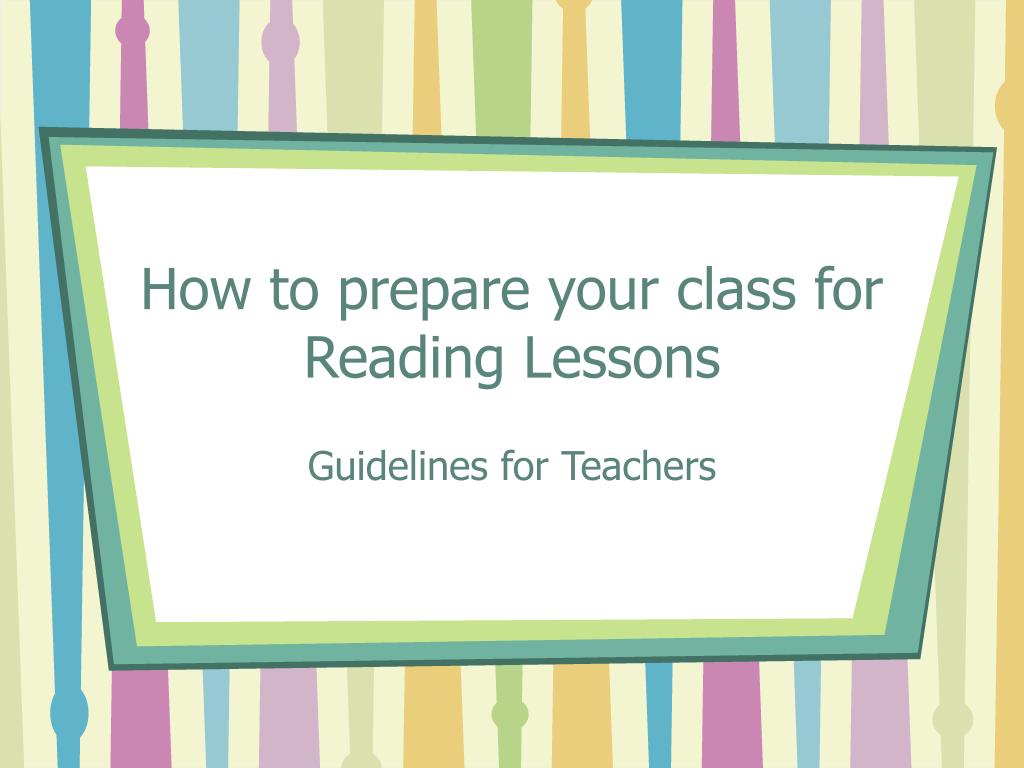
Submit an application
Good feedback from parents, high student results, individual approach - this is not a coincidence. A verified system of education, advanced unique nine0437 methodology , a modern approach - all this awaits at Lancman School .
Items in the third grade
Over the past 4 years we have developed own teaching aids and materials on basic school subjects for grades 1-6. Same introduced into the educational process calendar- thematic planning for 5-11 classes that other schools don't have, like public and private.
Method based based on 18 years of experience
allows you to give basic knowledge of subjects, cognitive skills, regulatory skills, communication skills, self-study skill
“We have redesigned all school subjects, having come to the following result:
1) The school curriculum is presented in an understandable structure, in stages
2) Thematic plans, goals of each block are prescribed
3) All water and all unnecessary items are removed
4) A clear system of attestation and assessment of assimilation
5) Key subjects introduced dual lessons, allowing you to better immerse yourself in the topic”
Anna Lantsman, methodologist
Submit an application nine0003
FAQ
Are there homework?
There are no mandatory homework in elementary school.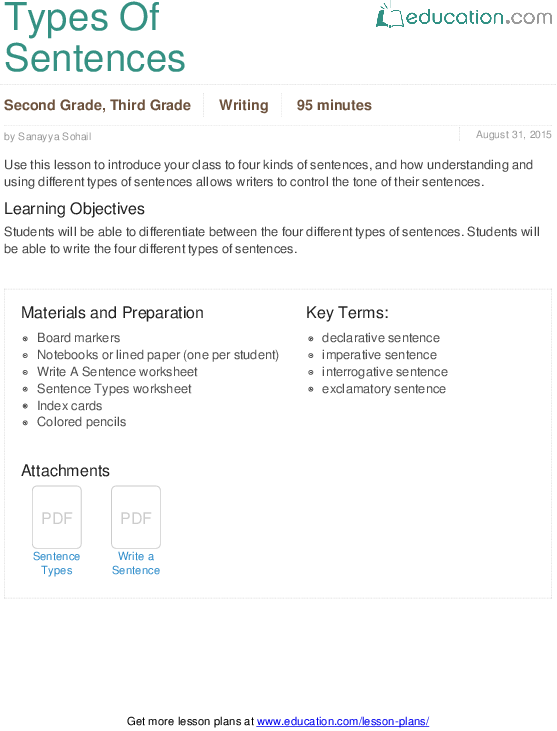 The program is designed in such a way that everyone succeeds in school. Exciting tasks in our teaching aids allow children to independently apply the knowledge gained in the lessons. Parental assistance with any homework is not required. In high school, compulsory homework is introduced only in case of large backlogs in the program. nine0003
The program is designed in such a way that everyone succeeds in school. Exciting tasks in our teaching aids allow children to independently apply the knowledge gained in the lessons. Parental assistance with any homework is not required. In high school, compulsory homework is introduced only in case of large backlogs in the program. nine0003
To what extent does this methodology correspond to the school curriculum?
This methodology is fully consistent with the school curriculum, even goes ahead of it. Every year in our school there are students who take exams externally, just learning at their own pace.
What do you do if the child has a big delay?
In the elementary grades, we mostly manage directly at school thanks to the author's teaching aids, which are exciting and effective for children. But in case of strong backlogs, by agreement with the parents, on certain days, tasks are given at home that do not require the involvement of parents. For senior classes, we follow the same pattern.